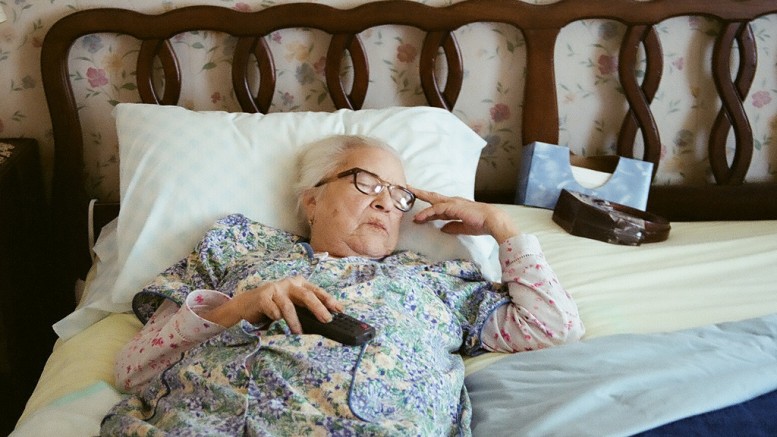More than 3% of the world’s population deals with obstructive sleep apnea. This is a condition that causes people to stop breathing in their sleep for a short period of time. This can result in insomnia, poor quality of sleep, and gasping and waking up. Most people are not really aware that they have stopped breathing and feel that their cycle is normal since these symptoms can be mistaken for snoring.
This can lead to a lot of health complications such as poor immune function, memory loss, increased risk of heart failure, and mental health issues. If you’re not aware of the signs and symptoms of sleep apnea, it can be difficult to get the treatment you need. However, there is a training program available with experts like thepeakflow.com that can help you improve your condition so that you can achieve a better night’s sleep. Also, there are a few common treatments that can be useful in dealing with sleep apnea.
Maintain your weight and monitor it
The most common reason for someone developing sleep apnea is obesity. A person who is quite obese can be at an increased risk for airway obstruction and extremely narrow nasal passages. This is why most doctors recommend people who have sleep apnea to lose some weight. These obstructions can be reduced by maintaining a healthy weight so that you don’t stop breathing suddenly during your sleep. In some cases, significant weight loss can even eliminate sleep apnea altogether, which is why this should be your first step of treatment.
Give yoga a try
If you exercise regularly, it will do wonders for your sleep apnea. Not only will this keep you healthy and fit, but it will also strengthen your heart, increase your energy levels, and improve your breathing. Yoga involves the practice of postures along with deep breathing. Which can help improve your respiratory strength. This can encourage oxygen flow and since sleep apnea is linked to a decreased oxygen saturation in the blood, this is quite essential. Breathing exercises can help improve your blood oxygen levels and can therefore reduce the number of sleep interruptions you have in one night.
Try rhinoplasty
You might not want to keep using devices such as CPAP to deal with your sleep apnea. This is where the beauty of rhinoplasty comes in. This can deal with the blockage and the obstruction in your system. Patients who have gotten rhinoplasty by Dr. Westreich vouch for this method of treatment. This can help clear the nasal passage thereby relieving the congestion that results in sleep apnea. This can be highly effective and can completely eliminate your problem. Most studies have shown that it is actually much more effective than using CPAP masks in some patients.
Avoid smoking and alcohol
There are certain changes that you can make to your lifestyle in order to help your sleep apnea symptoms. You should consider eliminating alcohol and smoke from your life in order to reduce your sleep apnea issues. Alcohol is known to relax your throat muscles. This can result in an inflammation in your airways that can block your airflow. Tobacco also swells your airways up and can worsen your snoring at night.
Obstructive sleep apnea is quite an issue that a lot of people suffer with. Use this list to help you deal with your issue.
